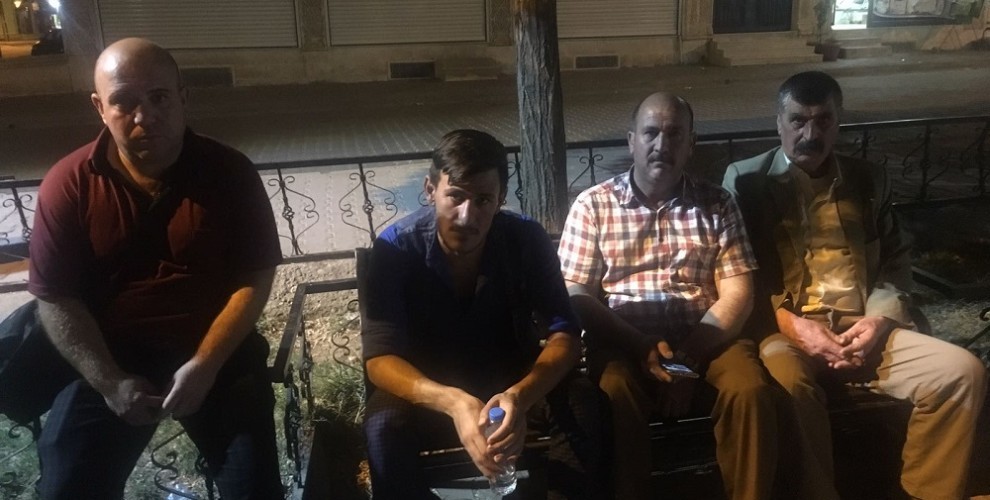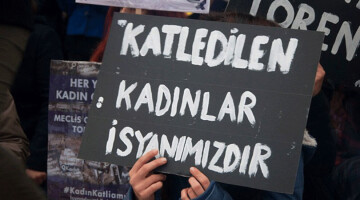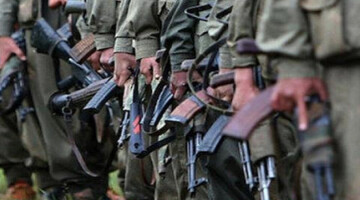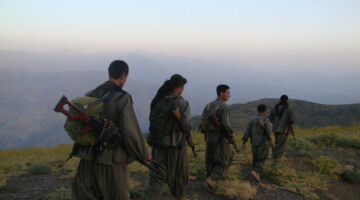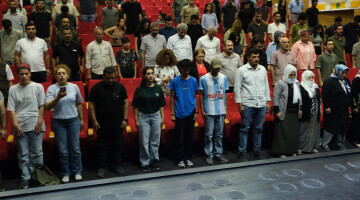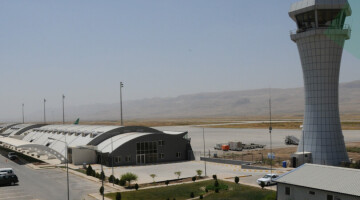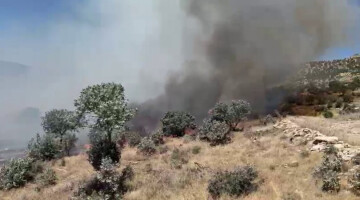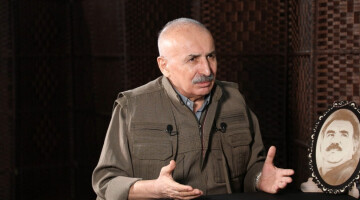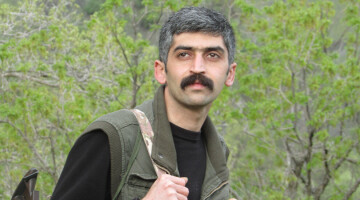Êzidîs who were settled in the state-run AFAD camp in Mardin’s Midyat district following the genocidal attacks by ISIS gangs on Shengal in August 2014 have been subjected to inhumane practices of the Turkish state forces on the anniversary of the invasion. The AFAD administration decided to expel some 50 Êzidîs for no reason. The AFAD administration gave notice to the Êzidîs in the camp to leave in 3 days, and then expelled 6 people before the time was up yesterday.
The Êzidîs were thrown out despite having “applicant for international protection” registration documents issued by the Ministry of the Interior. Azam Khider Hamad, Khalaf Ali Kanan, Zedan Khalef Kje and Hussein İsmail Qasa settled in a park in Midyat. They are protesting the cruelty and calling for help.
“THE TURKISH STATE SUBJECTS US TO ISIS-LIKE CRUELTY”
One of the expelled Êzidîs Azam Hamad said the Turkish state was being cruel to them like ISIS. Hamad pointed out that there was already an atmosphere of cruelty and oppression in the AFAD camp and protesting the cruelty they experienced, said: “But at least we had a roof over our heads, now we don’t even have that."
Hussein Ismail Qasa stated that their families are to be expelled from the camp on Wednesday and pointed out that the real tragedy will begin then. Qasa called on the public to protect them. Qasa stressed that the whole world should see the tyranny of the Turkish state and said they are now experiencing Turkish cruelty after the ISIS cruelty.
“THE KURDISH PEOPLE SHOULD PROTECT US”
Khalaf Ali Kanan said they were expelled from the camp with no explanation even though they have identification, and that they had no place to go. Kanan pointed out the injustice of the Turkish state and stated that the Êzidîs are facing a new kind of torture and genocide in the camps.
Zedan Kje stated that women and children were left behind and said what they experienced is not something anybody can just accept. Kje said their children are soon to be expelled and asked the Kurdish people and Kurdish institutions to protect them.

